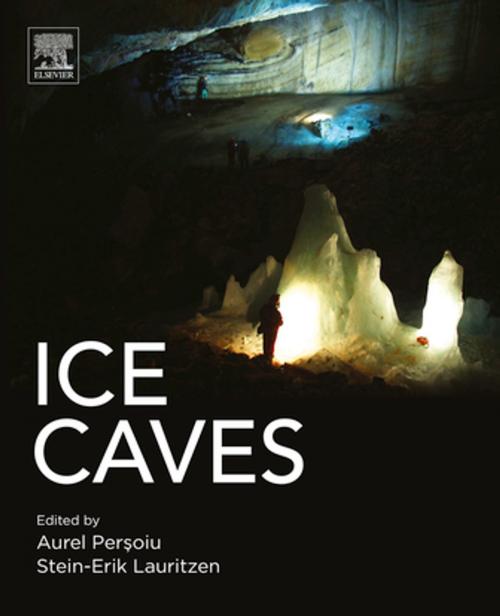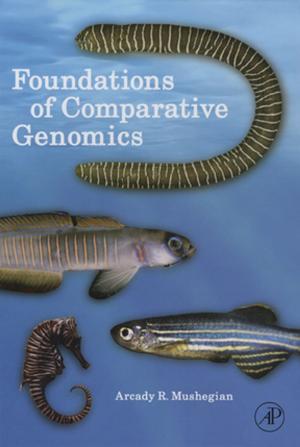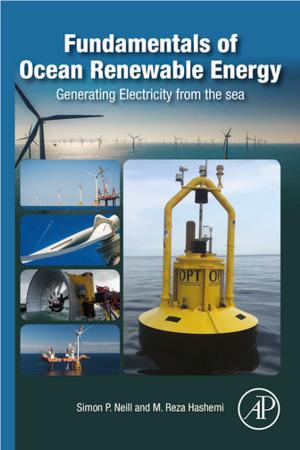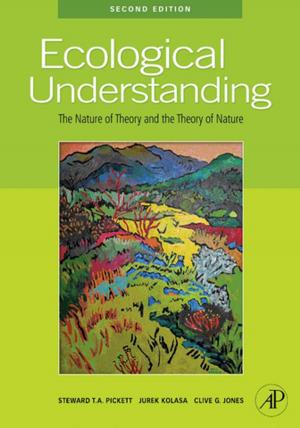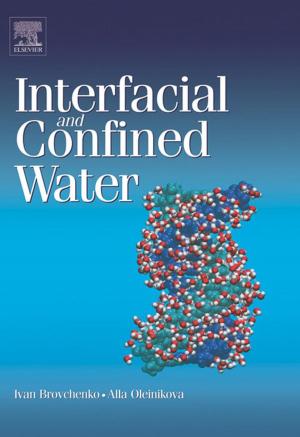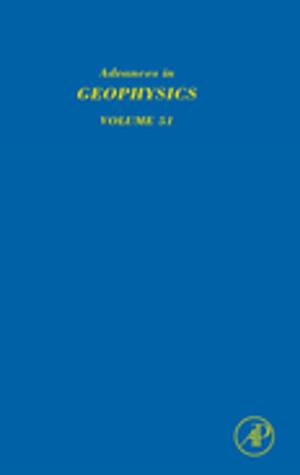Ice Caves
Nonfiction, Science & Nature, Science, Other Sciences, Meteorology, Biological Sciences, Environmental Science| Author: | ISBN: | 9780128118573 | |
| Publisher: | Elsevier Science | Publication: | November 30, 2017 |
| Imprint: | Elsevier | Language: | English |
| Author: | |
| ISBN: | 9780128118573 |
| Publisher: | Elsevier Science |
| Publication: | November 30, 2017 |
| Imprint: | Elsevier |
| Language: | English |
Ice Caves synthesizes the latest research on ice caves from around the world, bringing to light important information that was heretofore buried in various reports, journals, and archives largely outside the public view. Ice caves have become an increasingly important target for the scientific community in the past decade, as the paleoclimatic information they host offers invaluable information about both present-day and past climate conditions. Ice caves are caves that host perennial ice accumulations and are the least studied members of the cryosphere. They occur in places where peculiar cave morphology and climatic conditions combine to allow for ice to form and persist in otherwise adverse parts of the planet. The book is an informative reference for scientists interested in ice cave studies, climate scientists, geographers, glaciologists, microbiologists, and permafrost and karst scientists.
- Covers various aspects of ice occurrence in caves, including cave climate, ice genesis and dynamics, and cave fauna
- Features an overview of the paleoclimatic significance of ice caves
- Includes over 100 color images of ice caves around the world
Ice Caves synthesizes the latest research on ice caves from around the world, bringing to light important information that was heretofore buried in various reports, journals, and archives largely outside the public view. Ice caves have become an increasingly important target for the scientific community in the past decade, as the paleoclimatic information they host offers invaluable information about both present-day and past climate conditions. Ice caves are caves that host perennial ice accumulations and are the least studied members of the cryosphere. They occur in places where peculiar cave morphology and climatic conditions combine to allow for ice to form and persist in otherwise adverse parts of the planet. The book is an informative reference for scientists interested in ice cave studies, climate scientists, geographers, glaciologists, microbiologists, and permafrost and karst scientists.
- Covers various aspects of ice occurrence in caves, including cave climate, ice genesis and dynamics, and cave fauna
- Features an overview of the paleoclimatic significance of ice caves
- Includes over 100 color images of ice caves around the world
